
Gas vs. electric dryers: what’s the difference?
Gas and electric dryers have different benefits and features that set them apart, but overall are very similar. Use this guide to learn about the differences between gas and electric dryers, the different parts for each dryer and the hookups required for each.
Find the answers to your questions about gas vs. electric dryers:
What’s the difference between gas and electric dryers?
Both gas and electric clothes dryers require electricity to run, but gas dryers also require a gas hookup to generate heat. This means a gas dryer will have a different BTU output than an electric dryer. Gas dryers use natural gas or propane to generate heat and electricity to power the drum, fan, lights and controls. Electric dryers are completely powered by electricity.
Gas and electric dryers offer comparable performance, innovation and convenience - and a variety of sizes/capacities and styles. However, not all homes have the hookups to accommodate both gas and electric dryers.
Whirlpool brand offers both gas and electric dryers to fit your laundry room’s hookups. Read on to find out which style is best for you.
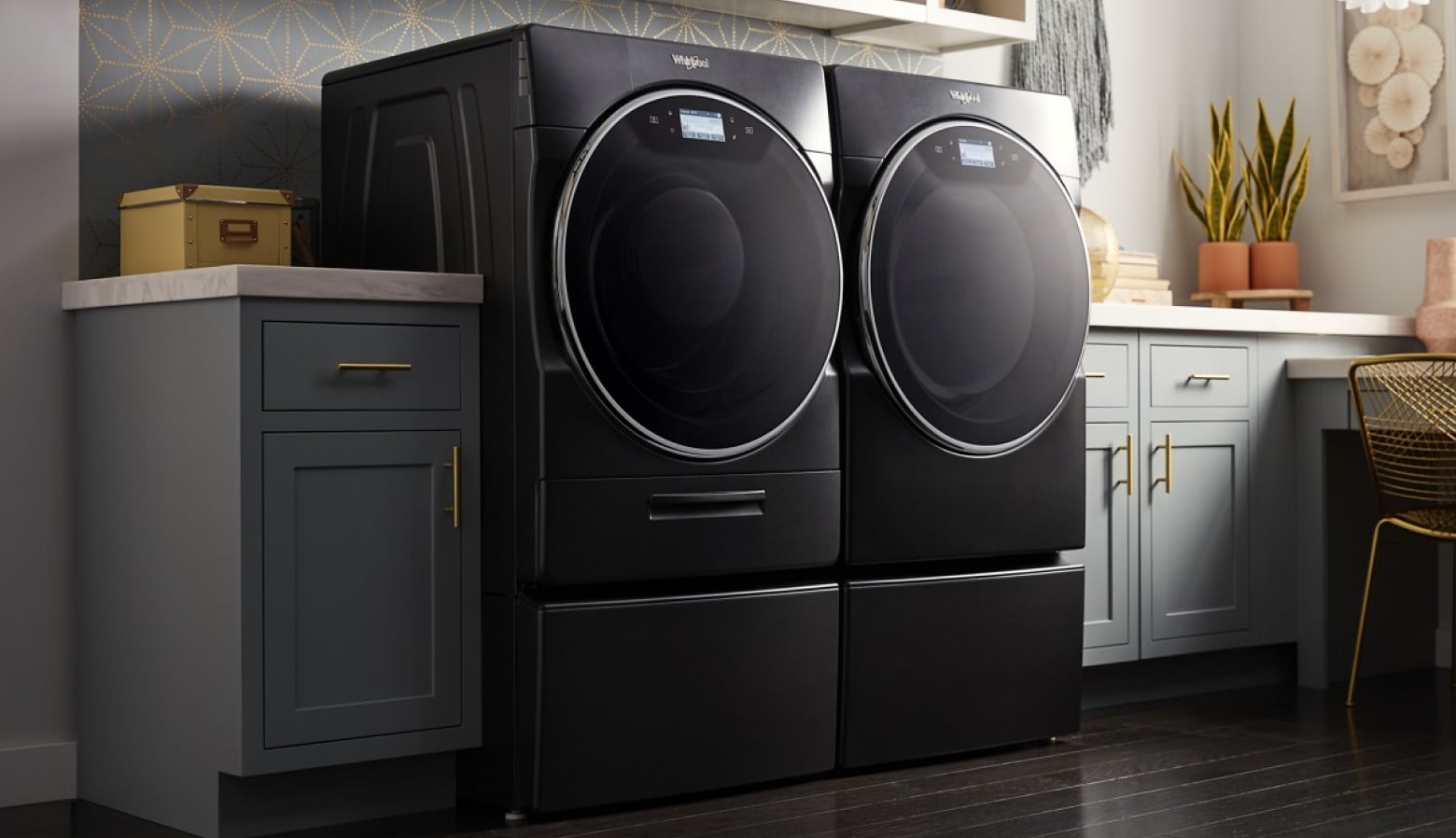

Which is better: gas or electric dryers?
Both have their benefits. Gas dryers generally have lower average operating costs, but can be more expensive initially and require the installation of a gas hookup. Electric dryers are typically cheaper to purchase, but may cost more to operate over time.
Should I choose a gas or electric dryer?
In addition to whether your home has the proper hookups, there are several things you may want to consider when choosing between a gas and electric dryer.
| Gas Dryers | Electric Dryers | |
|---|---|---|
| Lower average overall operating costs* | ● | |
| Lower installation costs (if you need to install a gas line) | ● | |
| Requires a gas hookup to operate | ● | |
| Requires a 240-volt electric outlet | ● |
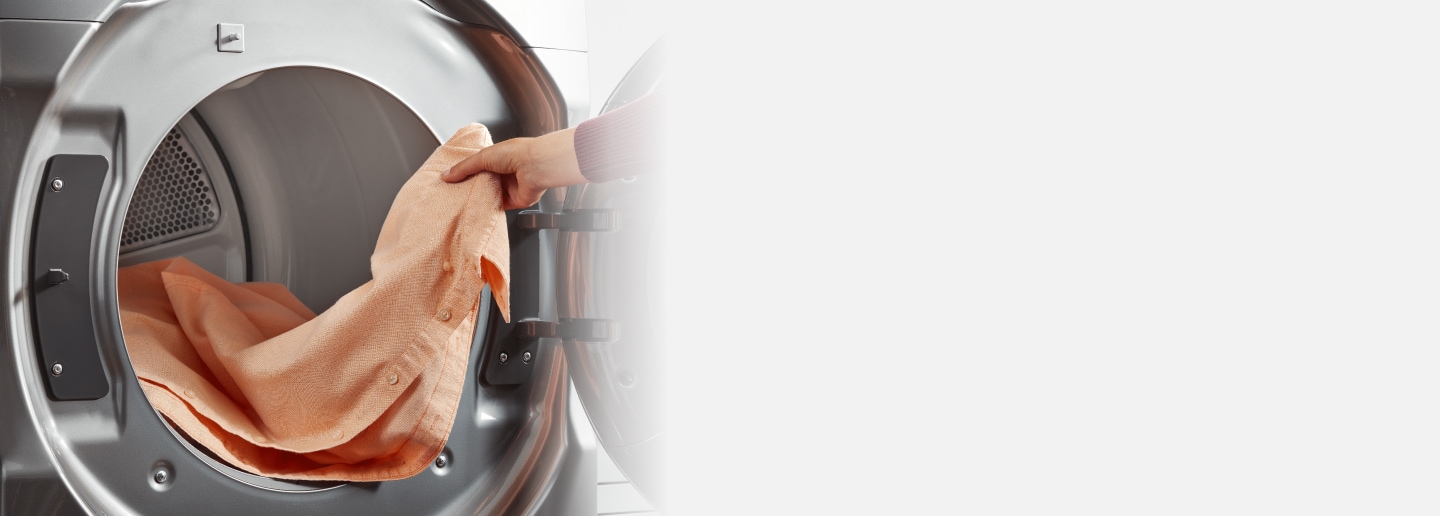
Whirlpool® Dryers
Give clothes the optimal dry
Explore top load and front load dryers in gas and electric to find the best option for your home
Choose a gas dryer if:
- You already have a gas hookup or you’re installing one. You can quickly identify gas dryers by the gas inlet, typically located at the back of the dryer.
- You’re planning on staying in your home for at least five years. In this case, installing a gas line could lead to energy cost savings over time since gas dryers are typically more energy efficient than electric dryers.
- You want a dryer with lower overall operating costs.
- You have a 120-volt electrical outlet.
Shop Whirlpool® gas dryers
Whirlpool® gas dryers come equipped with a variety of cycles to help you care for your laundry’s specific needs. From delicate cycles that use lower temperatures to heavy duty cycles that use higher temperatures to help you manage large loads, Whirlpool® gas dryers provide the treatment your clothes need.
Choose an electric dryer if:
You don’t have a gas hookup, and your laundry room is already equipped with a 240-volt electrical outlet.
You’re planning on staying in your home for less than five years. In this case, the cost of installing a gas line would likely outweigh the energy cost savings from owning a more energy efficient gas dryer.
You’re looking for a lower range than comparable gas models. In terms of initial purchase, electric dryers often cost less than gas dryers.
Shop Whirlpool® electric dryers
Whirlpool® electric dryers are designed with features that fit your family and their needs. Choose from select electric clothes dryers with intuitive controls that help guide you to the right cycle for each load or moisture sensing technology that helps protect clothes from overdrying.
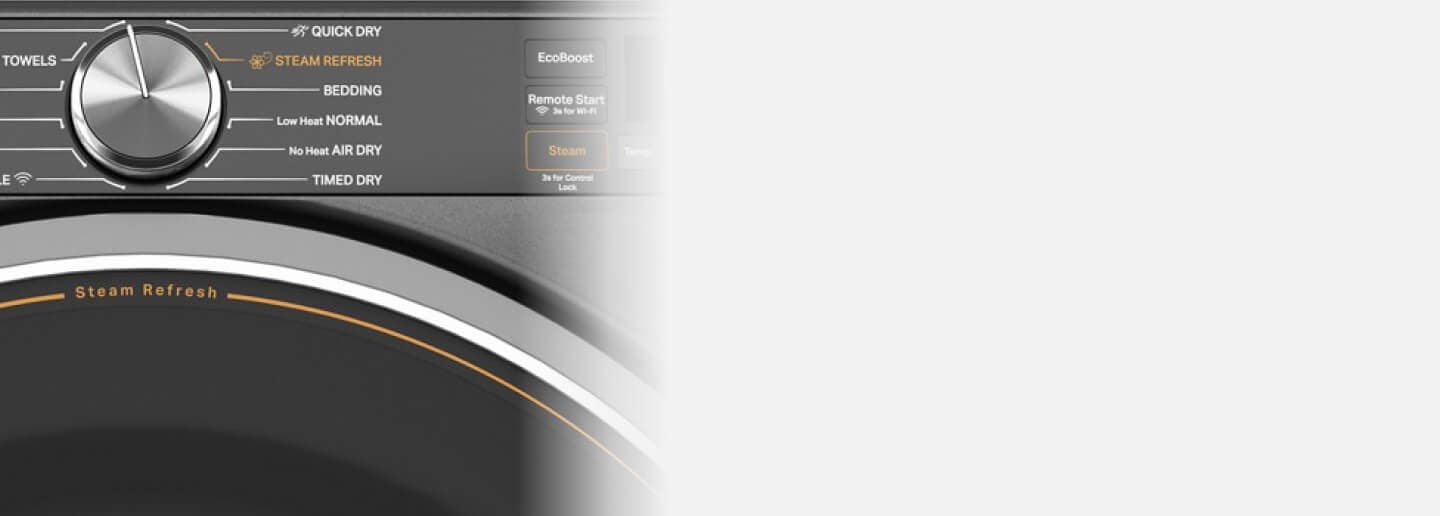
Steam-enhanced cycles
Refresh your clothes
Help clothes look their best with steam-enhanced cycles and options that help prevent wrinkles and reduce static, available now on select Whirlpool® Dryers
Gas dryer vs. electric dryer hookups
Gas dryers require a 120-volt standard electrical outlet and a capped-off gas line that connects to a gas inlet in your dryer. Electric dryers require only one hookup: a 240-volt electrical outlet, which is larger than a standard outlet and contains three or four holes.
Note: All washing machines are electric.
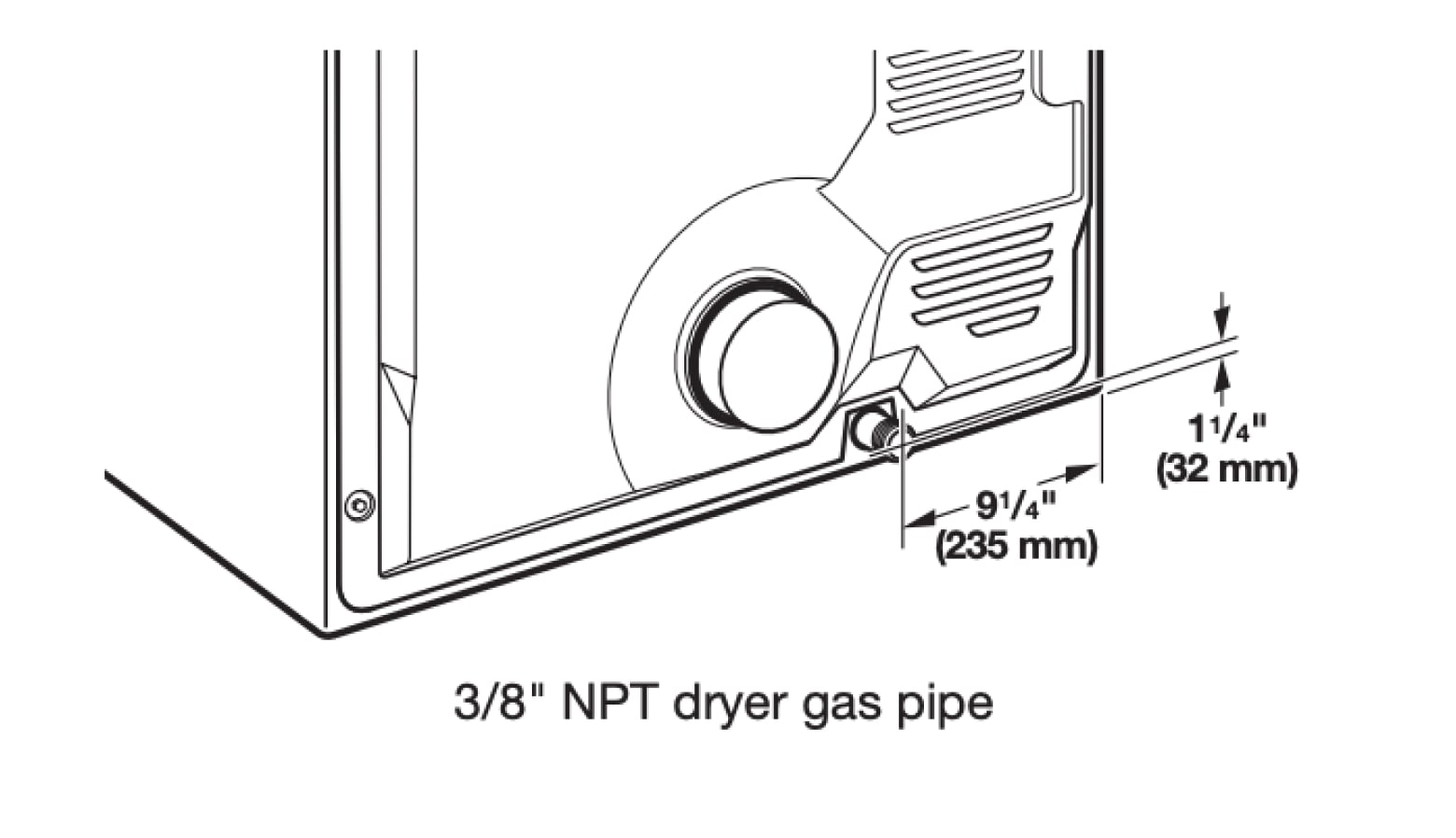

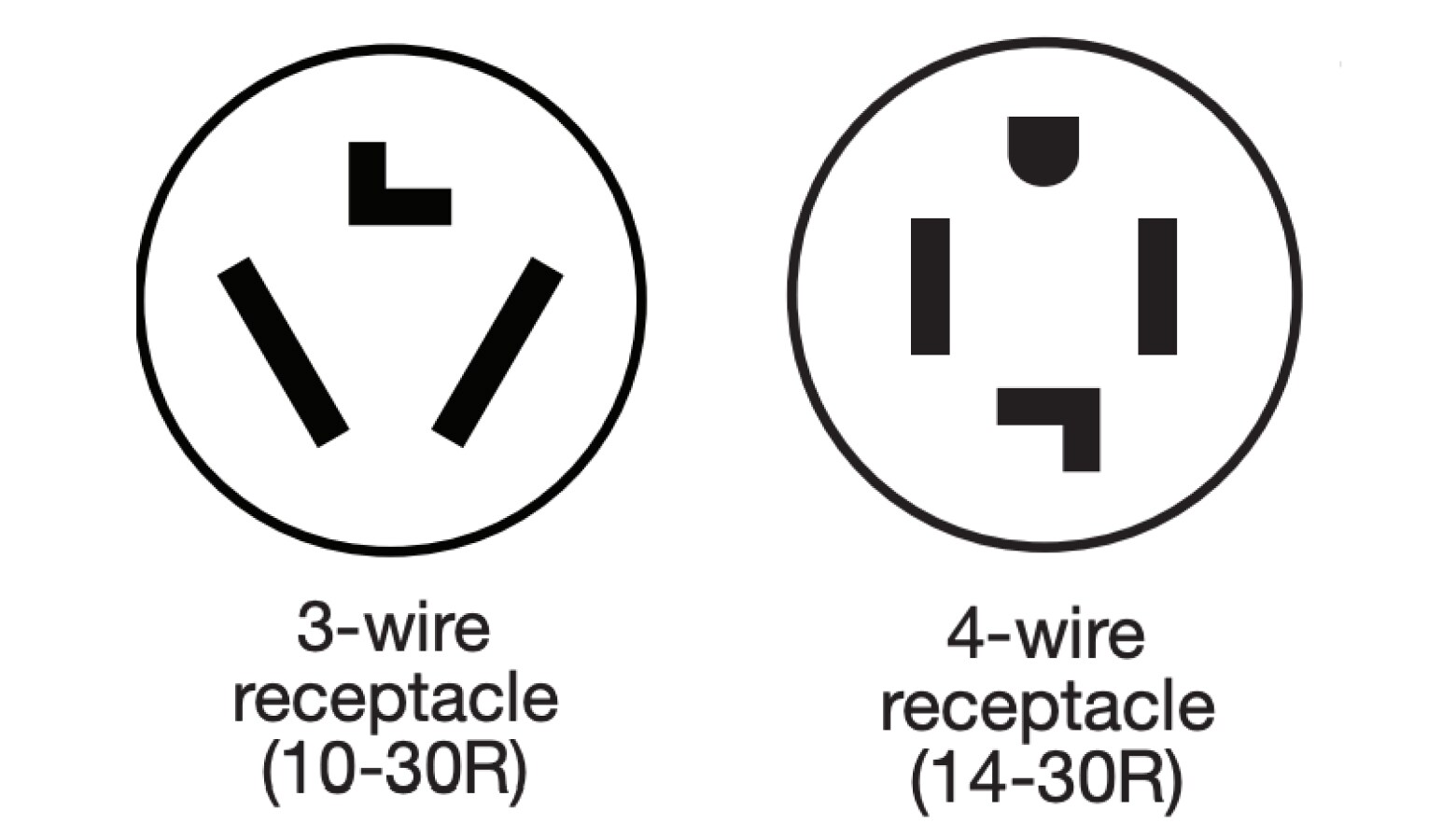

Can a dryer be converted to either gas or electric?
While converting your dryer from gas to electric or vice versa is possible, we do not recommend that you attempt to do so. Converting your dryer from gas to electric, or vice versa, isn’t practical, could damage your dryer and will void your warranty.
Are gas or electric dryers more efficient?
Energy Star recommends considering your model’s Combined Energy Factor (CEF) to gauge its efficiency. Gas dryers often cost less to operate annually, but your costs can vary depending on energy rates.1 Electric dryers usually cost less initially and do not require a gas hookup to operate.
The total amount of energy your dryer uses varies by load size, and a larger capacity dryer can help you save time by reducing the number of loads of laundry you need to do.
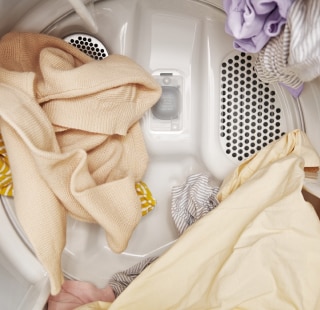
Dryer not working?
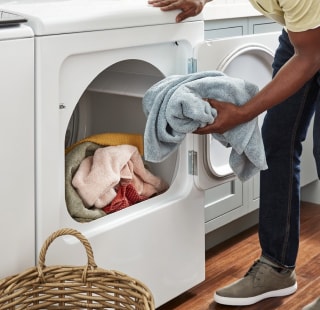
What do dryer sheets do?
Are there any safety considerations for gas vs. electric dryers?
Both gas and electric dryers have safety considerations. For gas dryers, we recommend rigid or semi-rigid exterior metal venting and a properly secured gas line to prevent leaks. You should not use plastic or metal foil vent materials. Electric dryers require properly installed wiring to prevent potential safety issues. Both gas and electric dryers require regular duct cleaning to operate efficiently and safely. Learn how with our how-to guide for cleaning a dryer duct.
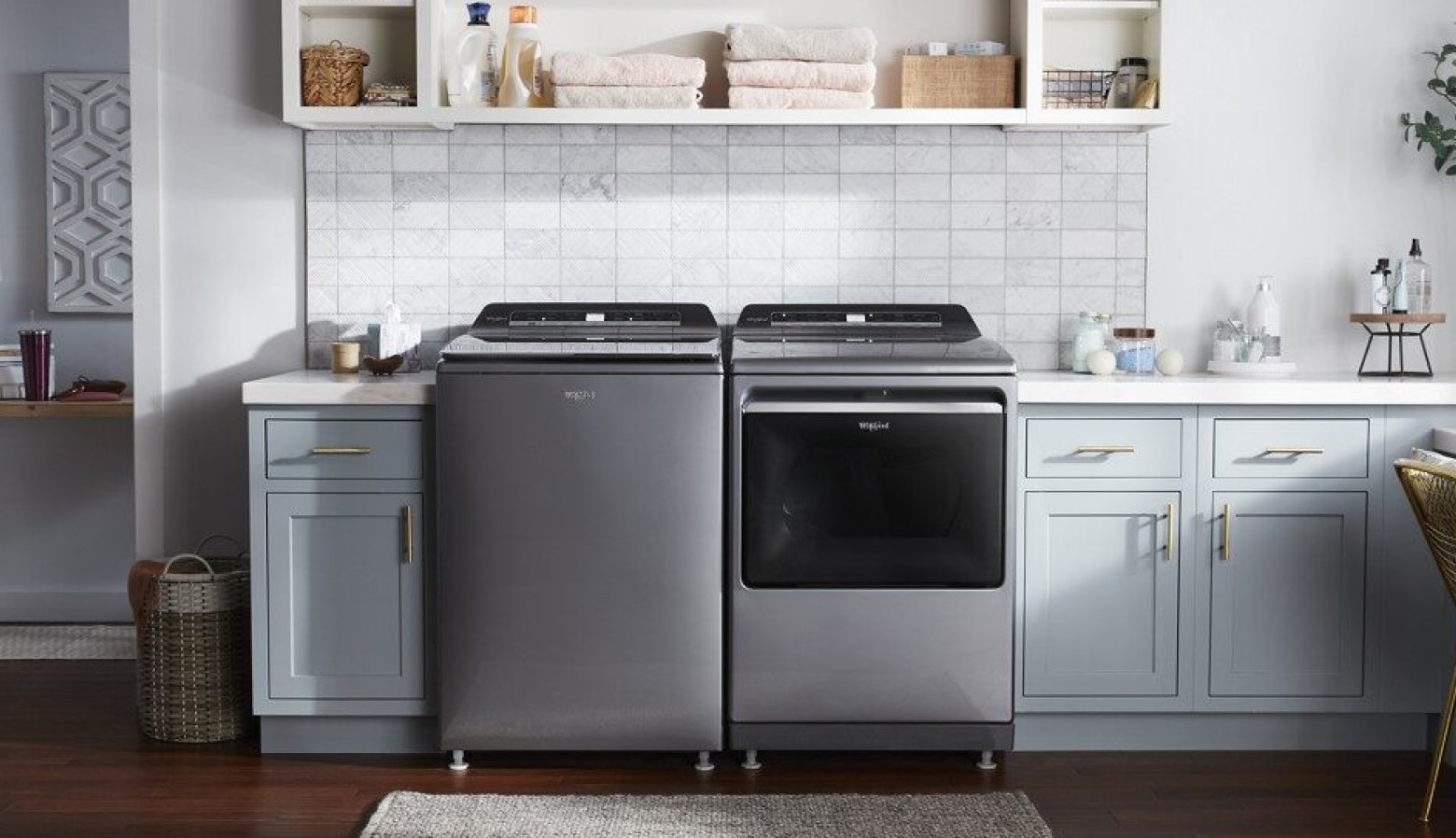

Shop Whirlpool® gas and electric dryers
Once you’ve made the critical initial decision between gas or electric dryers, you can explore the innovative drying features that both types offer like smart features and ventless (or condensing) dryers. You can also take time to learn more about how each dryer works and how to fix a dryer that won’t start. Whether you’re doing laundry for one or the whole family, Whirlpool brand has the right washer and dryer for you.


Helping kids stay in school
Learn how Whirlpool helps end the dropout cycle by giving kids access to clean clothes through the Care Counts™ Laundry Program
Was this article helpful? Pass it on
Discover more from Whirlpool brand


home heartbeat
Ready for more tips, home hacks and appliance guides?
1. Depending on your local electric and gas prices.

